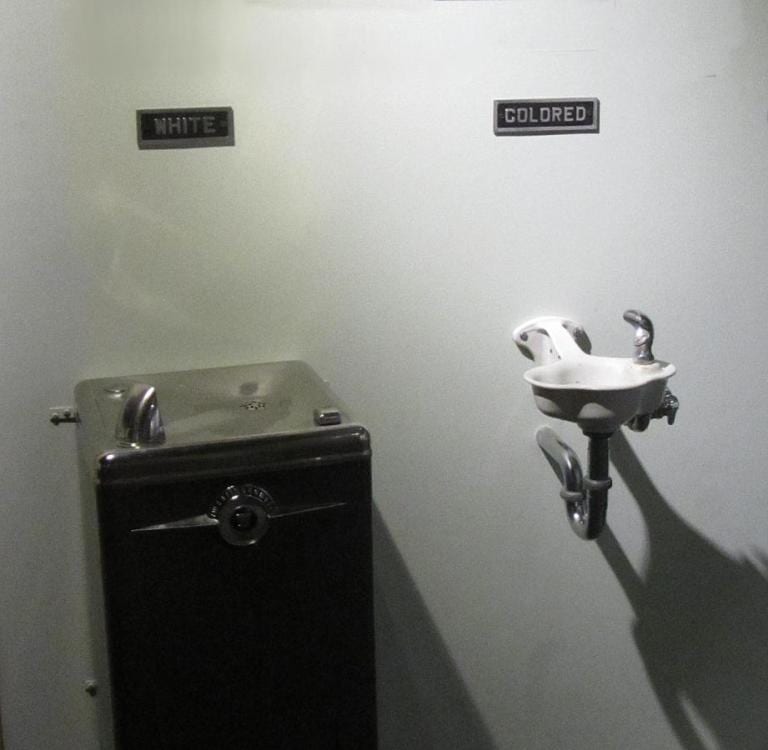
Some people are hoping all the racial tension will blow over or blow up, as the case may be. How about you? Would you welcome the opportunity to discuss the topic of white privilege without having to hold your breath or bite your tongue, and without trying to bite someone’s head off? It isn’t easy to have a civil conversation on such a weighty and heated topic.
I reached out to a few thoughtful and gracious colleagues of diverse backgrounds to discuss white privilege. They are pastoral, civic, and business leaders. You will find the full interview at the close of this blog post.
Further to what was stated above, no matter where you stand on the racial spectrum, “white privilege” is an extremely hard issue to discuss. Discussions on race tend to raise the blood pressure and temperature in the room. As a result, some choose not to discuss it. Others rush in where angels fear to tread and knock angels over on the way. My dialogue partners don’t avoid the subject, but engage in a clear and careful manner.
You will find the following video interview helpful if you are a pastor trying to learn how to discuss the topic in an ideologically mixed and/or predominantly white church setting. Even if you have worked hard all your life to get where you are and have never looked at anyone negatively based on the color of their skin, there’s something here for you.
You will come to terms with the “escalator” metaphor, which helps us comprehend how important it is not to stay put and do nothing. The momentum of four hundred years of racial oppression will carry us along on the escalator of white privilege even if we are simply standing still.
You will reflect upon how gender can influence discussions on race. You will have opportunity to see how white privilege might benefit white women and keep them from addressing ethnic or racial discrimination.
You will observe how African Americans speak into and shape the discussion on white privilege in a dialogue with their white friends and colleagues.
Here are themes, issues, and questions we address in order of presentation:
- What is white privilege?
- Why is it so difficult to explain white privilege to those who benefit from it? How can one come to articulate the subject matter in a manner that people like me can grapple with rather than put up walls of defense?
- What does the metaphor of “escalator” have to do with white privilege?
- Women face the challenge of not being taken seriously in various contexts simply because of their gender. So, how might white women experience privilege when it comes to the color of their skin, and what might that mean for their willingness to address white privilege?
- How often do white people like me ask African Americans for their perspectives on race? If we only have conversations on race and ethnicity and privilege with people who are white, how might that shape the conversation?
Also, consider the following quotes. They provide food for further thought:
“Race doesn’t really exist for you because it has never been a barrier. Black folks don’t have that choice.” ― Chimamanda Ngozi Adichie
“Racism isn’t just what you say, think, do, and feel. It is also what you allow.” ― DaShanne Stokes












